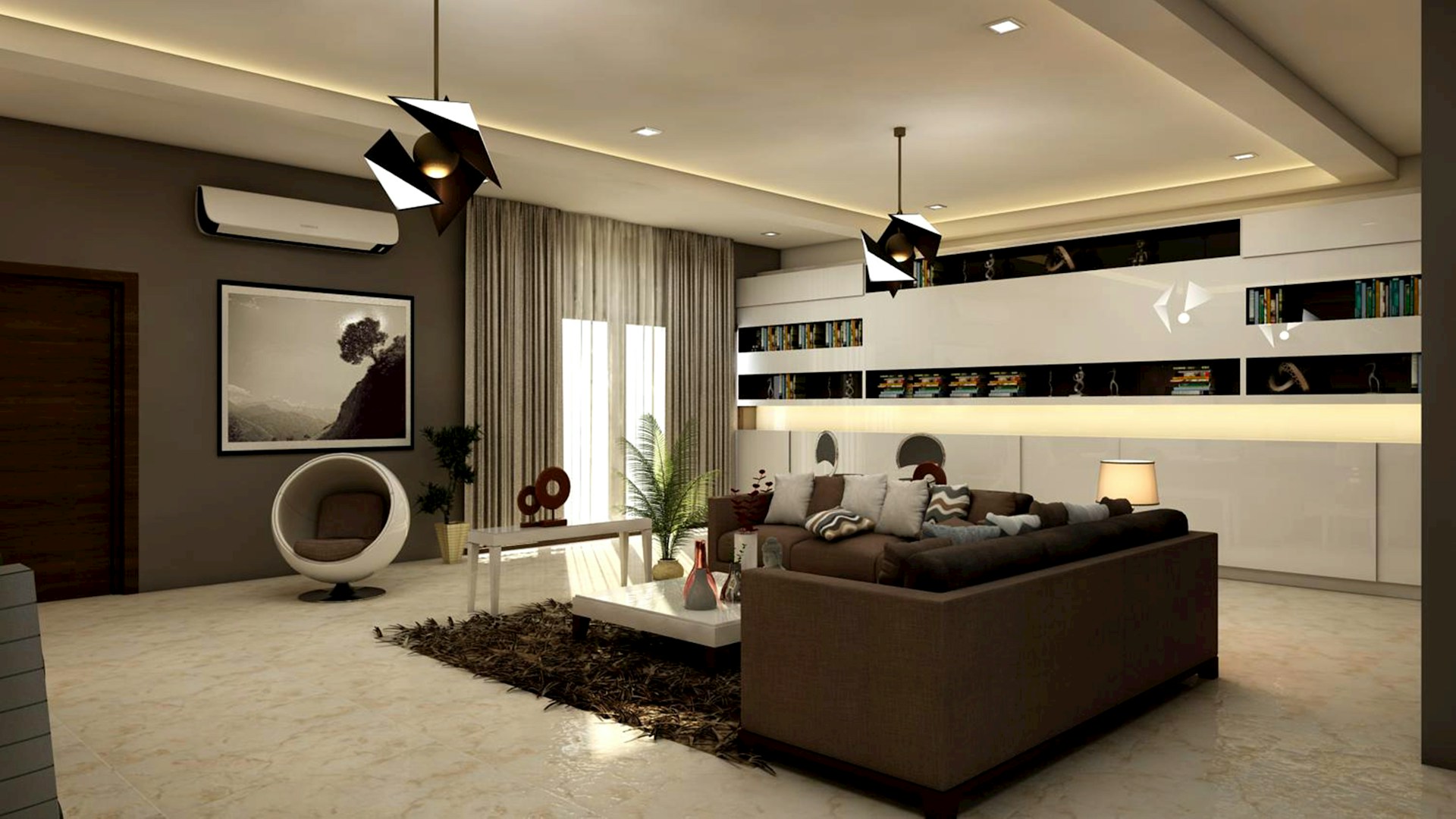
Choosing the right HVAC system is more than just a financial decision—it’s about comfort, energy efficiency, and reliability.
Whether you’re a homeowner looking to keep every corner of your house comfortable or a business owner striving to create a welcoming space for employees and customers, the system selection process can seem daunting. But it doesn’t have to be.
This guide breaks down everything you need to know to find the ideal solution tailored to your needs. We’ll explore key considerations, types of systems, and the importance of proper installation.
Consider Your Climate and Space Needs
The right HVAC system depends heavily on your regional climate and the layout of your building.
Regional Climate
The system you choose should align with seasonal temperature extremes in your location.
For instance, if you live in an area with harsh winters, a furnace or heat pump with robust heating capabilities will be crucial. Conversely, if summers are your main challenge, a powerful air conditioning system is a must.
Building Size and Layout
Different spaces demand different solutions.
- Residential Spaces: For homes, central HVAC systems designed for even temperature distribution may be ideal.
- Commercial Spaces: Larger spaces might require zoning systems or rooftop units (RTUs) for efficient heating and cooling in specific areas.
Understanding your environment is the first step toward finding a system that excels in both function and efficiency.
Explore Your HVAC System Options
The market offers a variety of heating, ventilation, and air conditioning systems. Each has its strengths, depending on your specific requirements.
Split Systems
These systems are among the most commonly installed in both homes and businesses. They separate indoor and outdoor units for heating and cooling, offering powerful performance and energy efficiency.
Packaged Systems
Packaged systems are compact solutions where all components are housed together, making them a popular choice for smaller spaces or commercial roofs.
Ductless Mini-Split Systems
Perfect for spaces without ductwork, these systems provide targeted heating and cooling for specific rooms or zones. They’re incredibly energy-efficient and growing in popularity.
Heat Pumps
For those in milder climates, heat pumps serve as an eco-friendly option that provides heating and cooling using less energy.
Each system has merits. Before selecting, consider your budget, energy-saving goals, and the structural feasibility of your building.
Energy Efficiency Matters
Efficiency impacts more than your monthly utility bill; it also contributes to your overall environmental footprint.
Importance of SEER and HSPF Ratings
- SEER (Seasonal Energy Efficiency Ratio) measures cooling efficiency. Higher numbers indicate better performance.
- HSPF (Heating Seasonal Performance Factor) evaluates heating efficiency in heat pumps.
Look for systems with high ratings to lower energy consumption without compromising performance.
Smart Thermostats and Zoning
Energy efficiency gets a modern upgrade with tools like programmable thermostats and zoning systems. These technologies allow for precise control over temperature settings, ensuring no energy is wasted heating or cooling unoccupied zones.
Your choice of system should prioritize efficiency to save on costs over time while keeping your space comfortable.
The Importance of Professional Installation
Even the most advanced HVAC systems can underperform if not installed correctly.
Certified Technicians
Professional installation by certified technicians ensures your system operates at peak efficiency. Improper installation can lead to airflow problems, reduced lifespan, or high utility bills. Investing in experts reduces these risks.
Be sure your chosen system is installed and serviced by an experienced team like those at mwshvacservices.com to avoid future headaches.
Routine Maintenance Keeps Systems Running Efficiently
Consistency is key when it comes to HVAC system maintenance.
Annual Inspections
Set up regular tune-ups with HVAC professionals to extend the longevity of your system. Routine checks help catch wear and tear before they escalate into pricey repairs.
Filter Replacements
Air filters ensure good air quality and system efficiency. Replace filters every 1-3 months, depending on usage, to maintain smooth airflow and cleanliness. Prioritize regular upkeep so your system remains reliable and efficient year-round.
Plan for Long-Term Savings
While upfront costs can be significant, the right HVAC system will save you money over time.
Tax Incentives and Rebates
Many regions offer tax incentives and utility rebates for energy-efficient HVAC systems. Take advantage of these programs to offset costs.
Longevity and Resale Value
Investing in a high-quality system can boost your property’s value and reduce expensive repairs down the road. Buyers are increasingly interested in homes or spaces featuring efficient, modern HVAC solutions.
Consider these factors when budgeting for your system to make a smart, long-term investment.
Achieve Perfect Climate Control with Confidence
By understanding the needs of your space, balancing energy efficiency, and procuring professional installation, you’ll be well on your way to selecting the perfect HVAC system.
Turn your focus toward comfort, reliability, and performance—key elements that define a well-chosen solution.
When you’re ready to explore your options or need help with installation, visit mwshvacservices.com to connect with experts who can guide you through the process.




